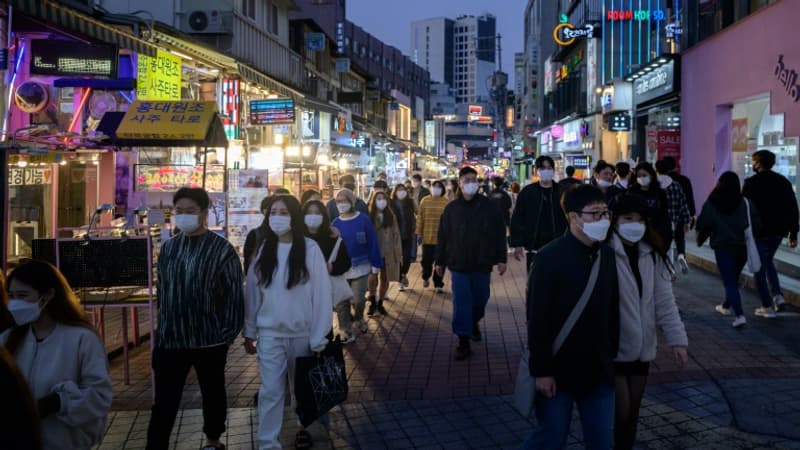While in Europe and North America the debate around the 4-day week is beginning to gather momentum, in South Korea, by contrast, there are plans to significantly increase the legal weekly working time.
We have known for a long time that the relationship with work in this country (but also in Japan, Singapore) is very different from what we experience in Europe, but this decision by the Korean government clearly goes against the current trend, in particular posting covid .
Thus, according to korea times, The government wants to allow the maximum weekly work time to be increased to 69 hours, from the current 52 with overtime. In France, this duration is 48 hours (35 hours of legal duration plus overtime). In reality, it is about better modulating working time in the country.
Modularity at the choice of the company
South Korean employees can since 2018 work up to 12 hours of overtime per week (and reach this cap of 52 hours, or 40 legal hours + 12 hours), a threshold set to prevent labor abuses in Korea. According to the OECD, 18% of Koreans in 2021 worked more than 50 hours a week.
But with very strong economic activity currently and a shortage of workers in many sectors, the executive wants to allow companies to better adapt to demand. Given these needs, the 52-hour limit would be “unrealistic” for President Yoon Suk-yeol.
With a new maximum limit of 29 overtime hours per week, working time can mathematically reach 69 hours per week (40 legal hours + 29 overtime hours).
In return, employees will be able to take more vacations during periods when activity is less. Specifically, in off-peak periods or low season, the new overtime hours can become unpaid vacations, the Korean Cultural Center informs us (employees are entitled to 15 to 25 days of paid vacation per year depending on their seniority in the ‘ business’). ).
A modulation présentée de this façon par un membre du gouvernement: “if you work in the crème glacée usines for example, you can faire des heures supplémentaires de façon saisonnière, then you can economize the hours of work and use them plus late for leaving on vacation more time”.
Thus, each company could offer this modulation depending on the demand, the season “according to the characteristics of each industry and company”, underlines the Government.
make children
In addition to the mental health of employees, the government wants through this modulation of overtime to allow Koreans to have children. As a reminder, the country’s birth rate is the lowest in the world: 0.7 children per woman. An extremely worrying figure since the number of assets will be reduced in the coming years. South Korea thus recorded a decline in its population for the first time in 2020, with more deaths than births.
Obviously, this perspective of working time reform satisfies employers, less than unions. The Korean Confederation of Militant Trade Unions believes the proposals are a “regressive revision of the law that will leave the decision on wages and working hours to employers.”
But reform will happen. “Labor market reforms will start in earnest,” Employment and Labor Minister Lee Jung-sik said in a Facebook post. “The new wage and hour systems detailed in the research association’s policy proposals will be legislated as soon as possible.”
Source: BFM TV


